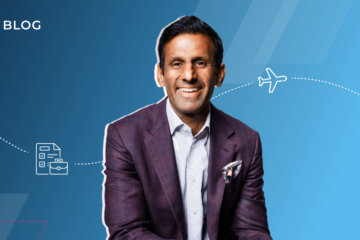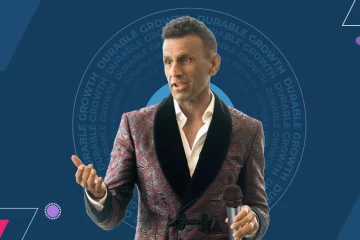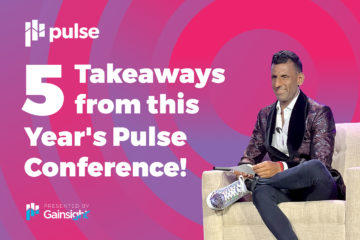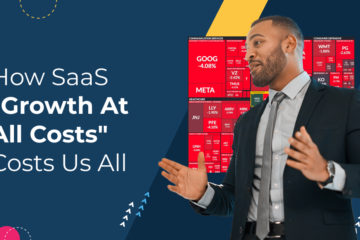
As I’ve written about, progress normally comes at us gradually, but COVID-19 has changed that and rapidly accelerated our progress toward the future. Virtual work, on-demand delivery, and telemedicine were all catapulted forward due to this terrible tragedy. And I discussed in the previous post, it’s likely we’re going back to the old world for some of these areas.
A natural question for SaaS execs and investors is to ask “What will change for the future about SaaS due to this crisis?”
Now you might be thinking “SaaS and cloud are already THE future – they replace the legacy software world of the past.” I agree with that. But I’ll challenge you on one implication. I’ve met thousands and thousands of SaaS CEOs and execs and I can affirmatively say that most SaaS businesses have adopted the product model of the future (cloud) but still employ the internal practices of the past.
While SaaS depends on an “always-on” model of recurring revenue, the vast majority of software companies still operate with an “always be closing” mindset, to quote the famous movie Glengarry Glen Ross. You might be thinking “what about Zoom and Slack?” The reason you can think of a few companies that buck the trend is that they are the exceptions. The majority of SaaS companies, including many that are transitioning from on-prem to cloud models, still put new sales at the center of their business model. They largely assume that the existing customers will take care of themselves, as they did in the old days of on-premise software.
But as investor Gavin Baker astutely observed at the beginning of the crisis, “At the end of the day, there is no such thing as truly recurring revenue. Some revenue is just more recurring than other revenue.” We can’t take our customers for granted ever. We definitely can’t do it during a crisis.
This is particularly true when nearly every CEO and CFO right now is looking to cut existing costs. That means your clients are questioning whether they really need you.
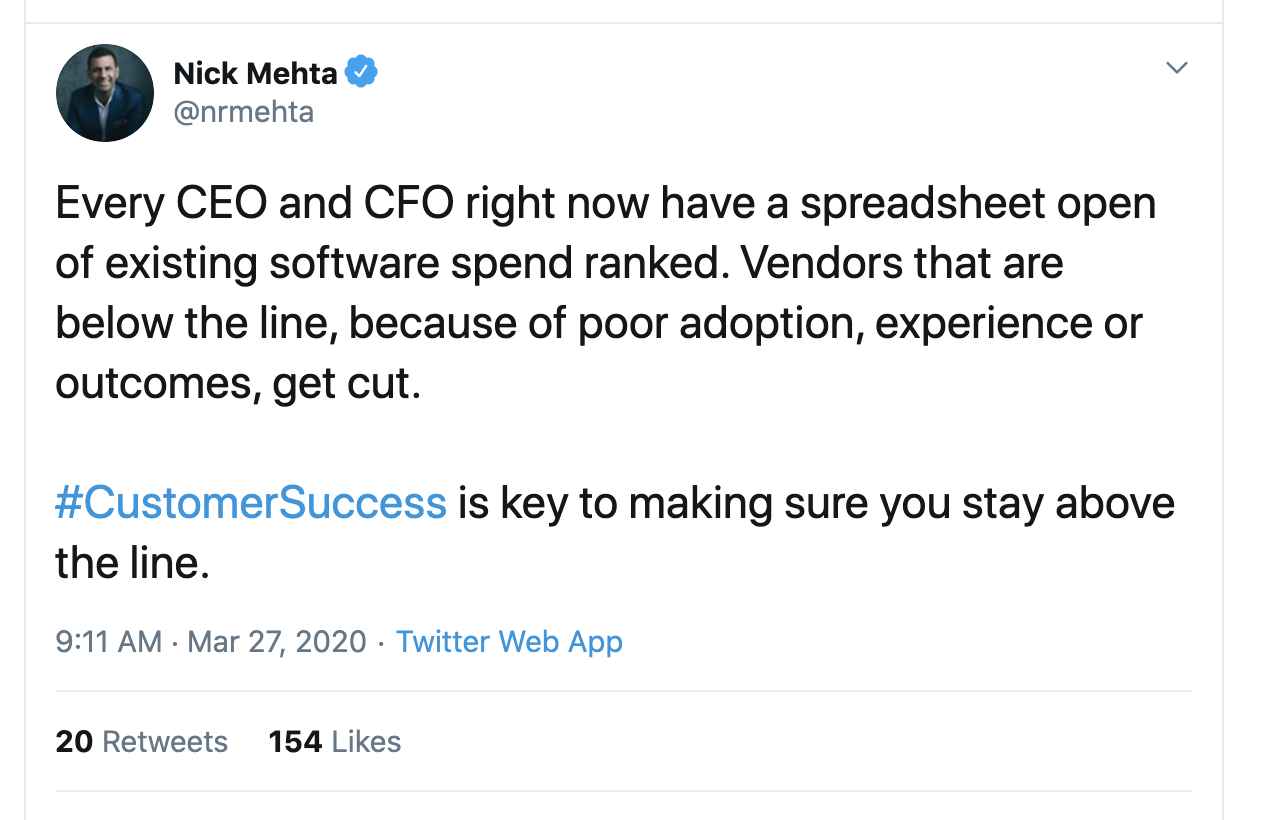
So the world has awoken to the fact that during COVID-19, customer success, churn and retention are not just high priority, they are existential.
But is all of this just temporary? Is the focus on clients and retention more like toilet paper shortages, in-home haircuts and elective medical procedure delays, in that we know the trends will fade? Or is COVID-19 a catalyst for SaaS to change forever. I believe SaaS is entering a “new future,” to use a quote that hedge fund legend Ray Dalio has adopted lately. Below are five reasons why I believe we are not going back to the old SaaS world post-crisis:
1. Modern cloud companies are already living in the future
Nearly every single unicorn/decacorn/candy corn you can think of – from Zoom to Slack to Notion to Airtable – put product and customer experience at the centers of their businesses. Sales is an outcome. Management teams obsess over adoption and activity metrics. They measure and optimize churn from day 1. Young startups often hire Customer Success Managers BEFORE they employ salespeople. And these companies ARE the future. Older businesses will be looking to learn from them.
2. Customers are raising their expectations
Due to the immense cost pressure right now on businesses, management teams are resetting the bar on what they expect from a vendor. Gone are the days of “that seems like neat tech.” Today, the question is “do we really need it?” Or “what happens if we shut it down?” Execs fundamentally are focused on outcomes. What business value does this technology drive? If your company doesn’t have a motion to ensure outcomes, you’ll be challenged right now.
But going forward post-crisis, once clients have tasted the power of the SaaS model, they are going to hold vendors accountable to a new standard.
3. Vendors are learning recurring revenue streams must be fed
At the same time, management teams are seeing churn rates go up. We surveyed CXOs of late-stage private and publicly-traded SaaS companies and found that nearly every company projects Gross Renewal Rates going down, including the companies that sell to large enterprises with typically stickier offerings. As such, 37 out of 41 respondents rated churn reduction as “very important.”
Management teams are learning that revenue doesn’t just “recur” —they need to invest to make it so.
4. Public investors are learning about the criticality of retention
Morgan Stanley put a fine point on the importance of recurring revenue in a March equity research report on SaaS stocks:
“Renewal Rates a Key to Sustaining Growth – higher renewal rates and better durability of those renewal rates translate directly into better sustaining the company’s momentum coming into the downturn on overall ACV growth and revenue growth. Based on historical experience, we forecast large enterprise-focused vendors sustaining renewal rates significantly better than SMB focused models, and subscriptions priced on infrastructure/data levels sustaining better than seat-based models.”
We are seeing investors learning to ask more savvy questions about retention, churn, and customer success. These questions won’t stop post-crisis.
5. Management teams are refocusing revenue priorities short-term and long-term
Finally, companies are realizing that as new logo sales slow, the easiest way to grow is in the client base. Many firms are redirecting sales teams to focus on expansion and on top account health. They are collaborating with Customer Success even more tightly to drive Net Retention. And in some cases, they are even redeploying Account Executives to become temporary Customer Success Managers. They are going to realize that these methods work better than the older model. And they are going to get addicted to this new way of working.
Science fiction author wrote, “The future is already here, it’s just not evenly distributed.” For a long time, a minority of SaaS companies have lived in the future of customer-centricity. Post-crisis, every SaaS company will finally embrace the future in the way they run day-to-day.
